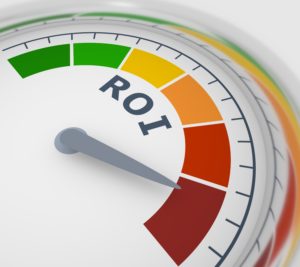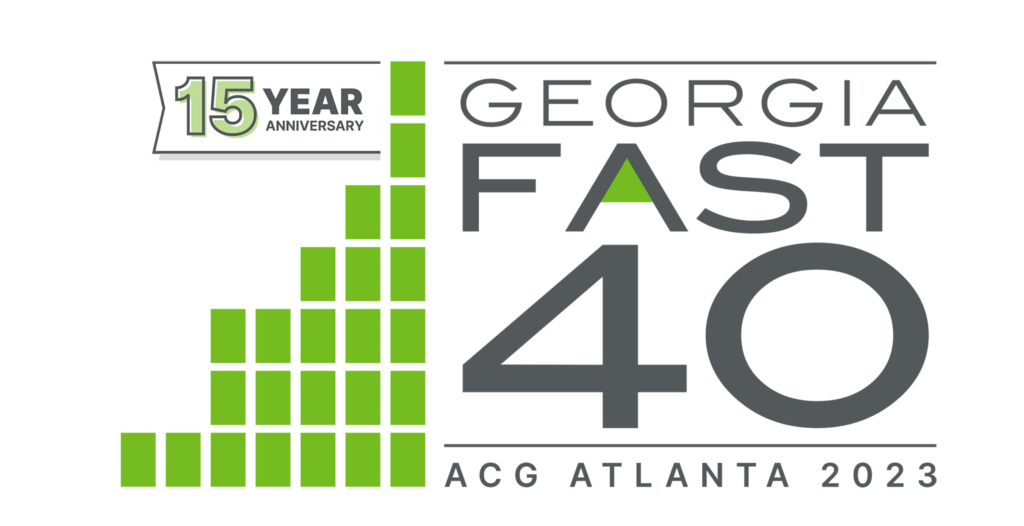The complexities of the fuel supply chain are as intricate as the gears inside a Swiss watch. Each component — from procurement and transportation to storage and distribution — must work in unison to ensure a smooth and reliable fuel supply. Understanding the multifaceted aspects of fuel supply chain management is critical to averting bottlenecks and optimizing performance. Below, we’re breaking down the core elements and sharing strategies to ensure you’re never running on empty.
1. Procurement: Sourcing the Right Fuel at the Right Price
The first leg of the fuel supply chain journey is procurement. This involves sourcing quality fuel from reliable suppliers at competitive rates. Effective procurement is a delicate balance of quality, cost, and timing.
Challenges:
- Volatile market prices
- Regulatory constraints
- Quality assurance
Strategies:
- Employ real-time pricing tools to make informed decisions.
- Establish long-term contracts with trusted suppliers, like Diversified Energy Supply, who prioritize quality and transparency.
2. Transportation: The Road from the Refinery to Storage
Once the fuel is procured, the next challenge is transporting it from the refinery to your storage facilities. It’s not just about getting from point A to point B; it’s about doing it efficiently and safely.
Challenges:
- Route optimization
- Safety concerns
- Regulatory compliance
Strategies:
- Leverage advanced routing software for efficient logistics.
- Adhere to strict safety protocols and compliance checks to mitigate risks.
3. Storage: The Holding Ground for Quality and Quantity
Storing fuel isn’t as simple as it sounds. From ensuring the correct storage conditions to maintaining adequate inventory levels, the stakes are high.
Challenges:
- Fuel degradation
- Inventory management
- Security
Strategies:
- Use fuel stabilizers and regular quality checks to prevent degradation.
- Implement real-time inventory management systems to avoid shortages or overstocking.
4. Distribution: Fueling the Business Engine
The last stage of the supply chain involves distributing fuel to the end-users. This step requires timeliness, efficiency, and a keen eye for detail.
Challenges:
- Timely delivery
- Quality control
- Customer satisfaction
Strategies:
- Employ GPS tracking and telematics to monitor distribution in real-time.
- Establish strong communication channels with customers to manage expectations and feedback.
The Fuel Supply Chain is Your Business Lifeline
Inadequate fuel supply chain management can be a hole in your business armor, resulting in operational inefficiencies and customer dissatisfaction. However, when managed effectively, it can become your competitive edge.
At Diversified Energy Supply, we view the supply chain not just as a process but as an ecosystem where each part sustains the other. As your strategic ally, we’re here to help you navigate these intricacies, ensuring a streamlined, efficient, and reliable fuel supply.
If you’re ready to tackle the complexities of fuel supply chain management and propel your business toward unparalleled success, let’s talk.








